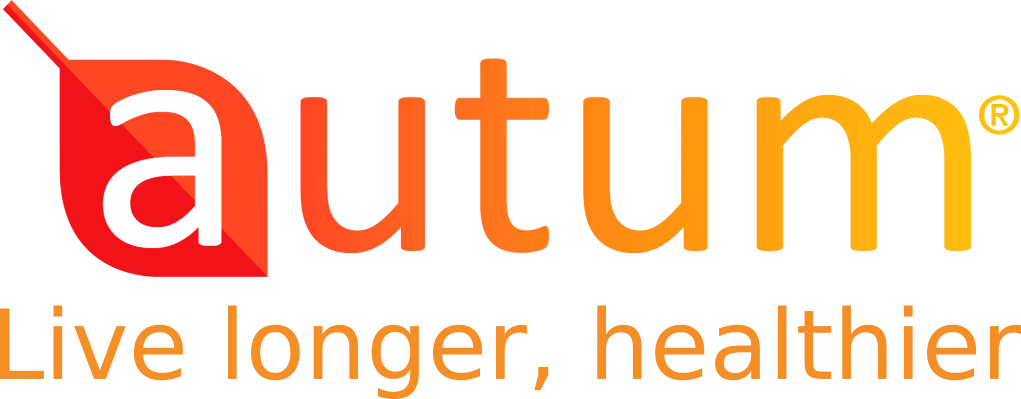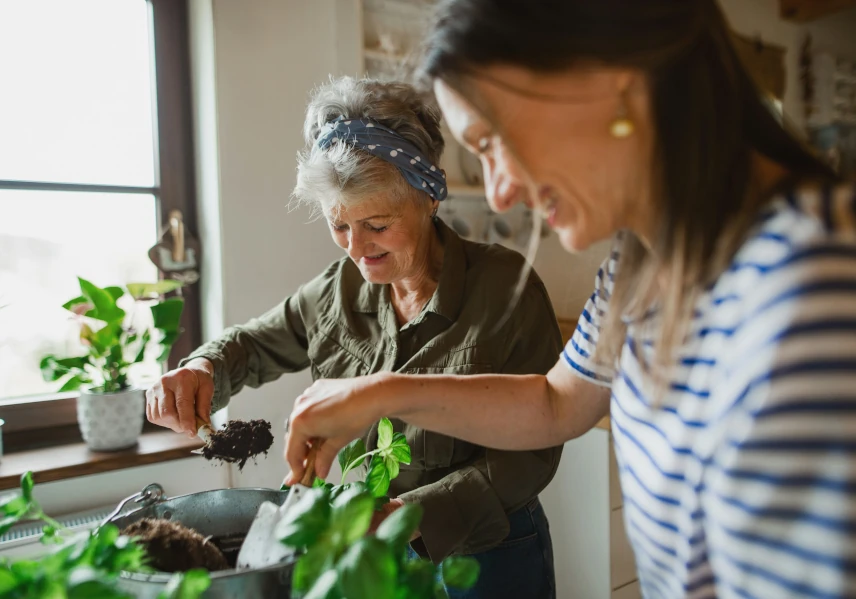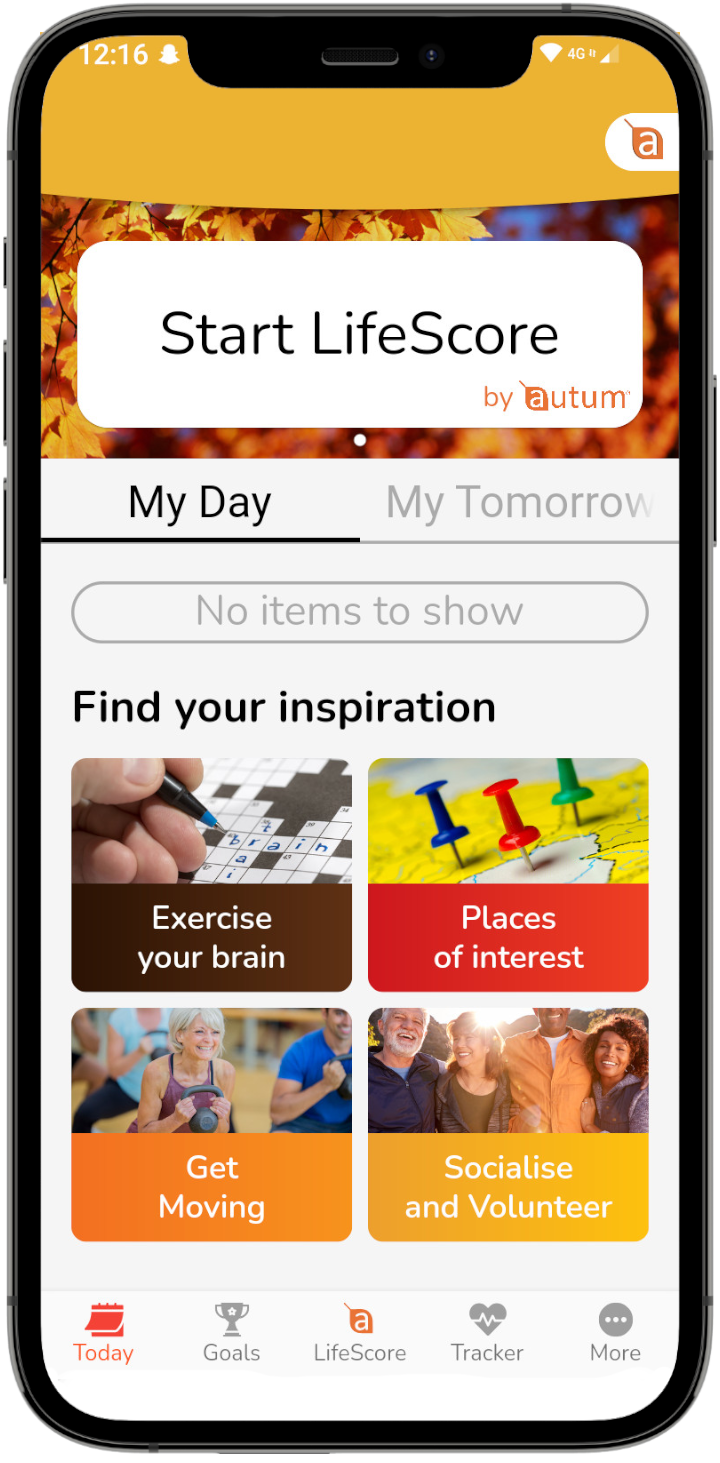I’m 63, married with 3 children, aged from 22 to 31. I often look at a picture of our oldest child’s first birthday. In it I’m 32 and my wife is 27. In the background are my parents-in-law. A shiver goes down my spine when I realise that he was 4 years younger than I am today, but I’m not a grandparent.
The shifting cycle of life
Of course, a survey of one has no credibility, but ONS data shows that the mean age of the mother on the birth of her first child was 29.1 in 2020, an increase of 3.3 years since when our first child was born. In fact, in 1966 the mean age of the mother on the birth of their first child was just 24.0.
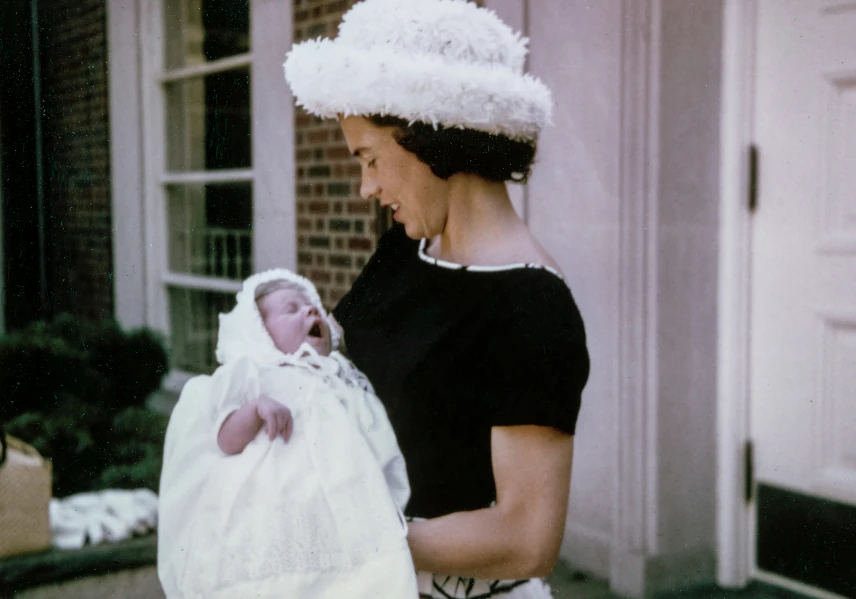
In addition to starting families later we are living longer. In 1992 when my son was born life expectancy was 73.4 males and 78.8 females, today it has increased by over 5 years for males and 4 years for females. Life expectancy at 65 has also increased by 5 years for men from 14 to 19 and by 3 years for women from 18 to 21.
Along with this, the state pension age has also shifted. Until 2010 it had been 65 for men and 60 for women, but today it is 66 for men and women and in a few years will rise to 67 and in 2046 it will be 68.
On the surface, this supports a 3 to 4-year shift in the life cycle, but unfortunately, this flow-through does not quite work, as healthy life expectancy has failed to experience the same shift. Based on self-reported health recorded as “very good” or “good”, healthy life expectancy from age 65 for men is 10.6 years and for women it is 11.5 years and this has increased by just 1.4 years and 0.9 years respectively. Whilst this data is less reliable, it indicates there has not been the same extension of healthy life expectancy, instead, we have extended the period we are no longer in good health.
Without any change of trajectory, we can expect to become grandparents later, retire later (at least with a State pension) and live longer, but with an extended number of years of poor health. This takes to me the next part of my question, what should I do? Fortunately, the answer is positive.
The responsibility of living and ageing well
The Spiderman cliché “with great power comes great responsibility”, should be reversed to say, “with great responsibility comes great power”. For most of us, we are responsible for our actions and their outcomes, so we must own our actions and ensure these align with our longer-term goals. For example, if we want to be playing golf in our 90’s we need to determine how to act now.
Of course, the other meaning of great responsibility is the role our lives play on those around us. My wife and I want to be hands grandparents, lifting them, playing on the floor and recounting family stories. We also don’t want to be a burden by calling on them for support. With this longer-term objective to be independent hands-on grandparents, we must act today to enhance our wellness and minimise our risk of frailty.
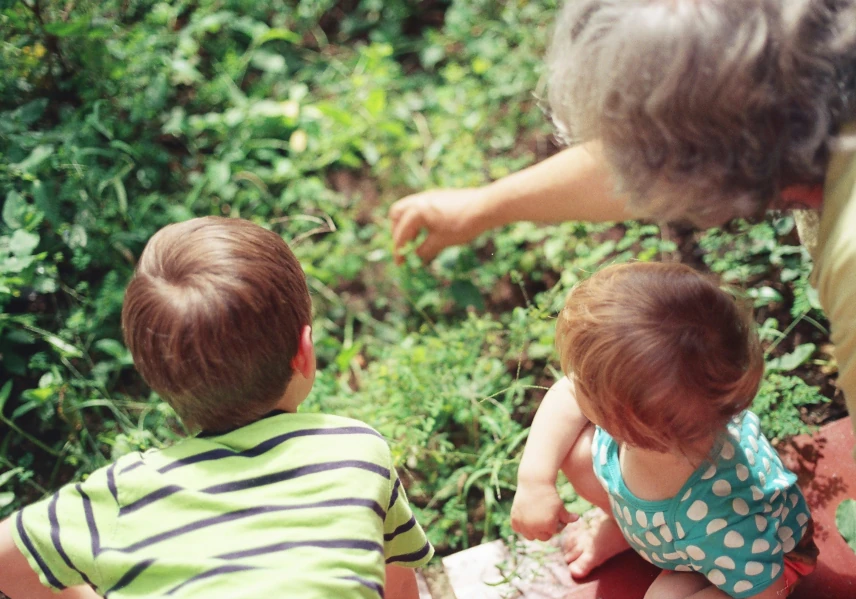
Planning for healthy, active ageing
Most of us know we need to do more (physical and mental) exercise, eat less (with a greater proportion of vegetables and less alcohol), be more sociable and get more sleep, but we don’t change. Actions that cause immediate discomfort and delayed gratification need a strong sense of purpose, otherwise they are postponed. This purpose doesn’t come from the head, it must come from the heart. So, the $64 million takeaway is to find your innermost purpose, one that is so powerful that it will motivate you to take uncomfortable actions today that you know are right for the future. And what is more compelling than being independent grandparents who are role models to our kids?
The cycle of life has shifted, but we must take action now to ensure this flows through to extending our health, so we can fulfil our roles as well as, or even better than our parents did. Doing nothing isn’t an option.
By the way, that’s why I set up Autum. You can read my other blogs, use Autum LifeScore to calculate your biological age and how to reduce this, or download our app with inspiring activities with a monthly prize draw.
To help us make Britain one million biological years younger take our autum Lifescore calculator to determine your biological age and use our autum App on Android or IOS to help improve your biological age today!
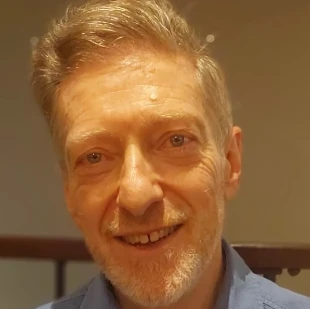
A passionate entrepreneur who has spent years calculating life risks and has set up two successful innovative businesses. He believes with the right motivation and support we can extend healthy life. This is now his calling and has found a great team to make it happen.
